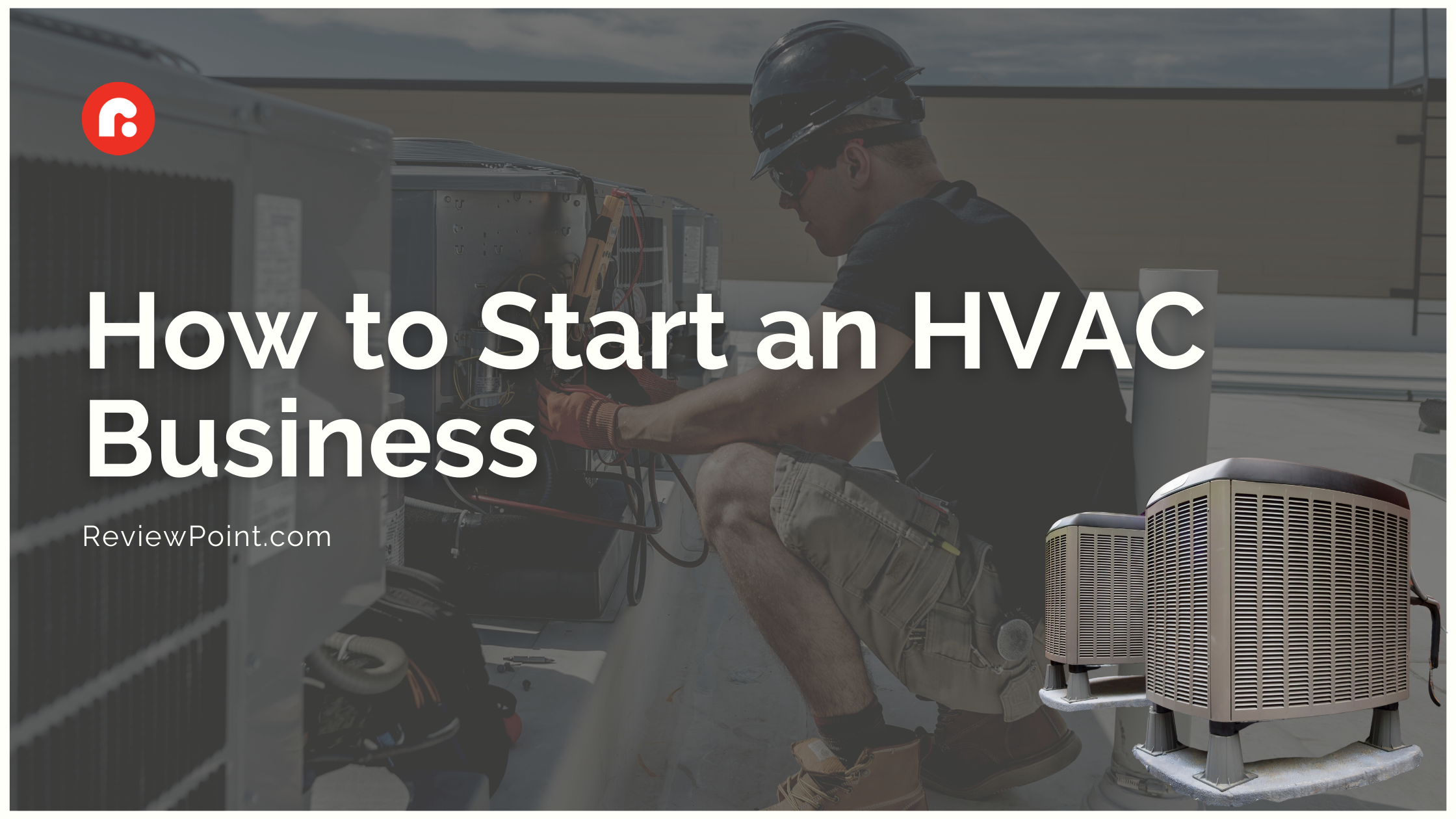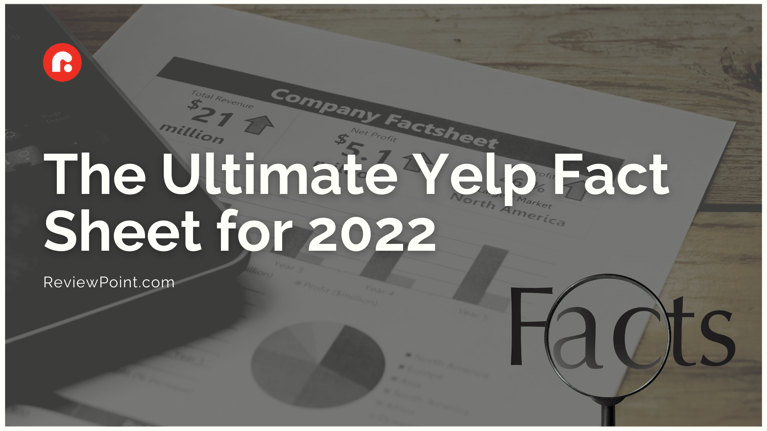
If you’re passionate about keeping people in livable conditions no matter the season, an HVAC business might just be right for you. And what’s more? There’s no better time to get into the HVAC business than now.
What is HVAC?
HVAC stands for Heating, Ventilation and Air Conditioning (HVAC). This is the technology that keeps you warm in the harsh winter and cool in the unforgiving summer heat. The main goal of HVAC businesses is to ensure indoor and vehicular environmental comfort and air quality. These systems are an important part of residential structures, offices, large buildings such as skyscrapers and vehicles.
Is HVAC a good business to start?
In 2019, the global HVAC market was estimated at a colossal $240.8 billion. The air conditioning business doesn’t show any signs of slowing down, with projections that the industry might be worth $370 billion by 2030. On the jobs front, the Bureau of Labor Statistics (BLS) projects that the number of jobs in the HVAC industry will increase by 4% between now and 2029. That’s an addition of more than 15,000 jobs in the HVAC business.
But you may already be aware of the lucrative potential of starting an HVAC business. You’re here because you want to know how to start a HVAC business. Here’s how.
Step #1: Creating a company
Before you jump into the heating business or the air conditioning business, you need to create a company. Your instinct may be to try and keep costs down by doing all the legal work, bookkeeping, inventory, financial planning, etc. yourself. But do consider whether your time is better spent marketing and managing or doing paperwork.
Step #2: Building a business plan
Having a plan sounds like a much better idea than muddling your way through with no direction! In your business plan, define your company structure, market plan, projected revenue and estimated expenses. Conduct research to figure your target market, identify your competition and determine what your HVAC business startup costs will be. A valuable first resource is the US Chamber of Commerce. The BLS and City-Data.com also have useful information to support your market research.
A good business plan helps keep you on the right track and shows potential investors that you know what you’re doing.
Step #3: Obtaining the necessary licenses
Depending on your situation, you may need a few licenses personally and for your business. If you’re not already an HVAC professional—and you want to work in your business—you can’t get to installing heating and cooling units in buildings without education, apprenticeship and licenses. Almost all technical and vocational schools offer HVAC programs that last between six months and two years. After graduating, you’ll go through an additional three to five years of training either on the job or as an apprentice. To act as an HVAC professional, you must have the following documents:
- Environmental Protection Agency (EPA) - The EPA requires certifications that include
-
- Type I certification for servicing small appliances,
- Type II certification for servicing high-pressure systems, and
- Type III certification for servicing low-pressure systems.
If you have all three certifications, you’ll be issued a Universal Certification from the EPA. Last, although not required, North American Technician Excellence (NATE) is a non-profit organization that offers professional level certification.
- HVAC Contractor’s License – You’ll also need to file for your HVAC contractor’s license. The processing time to get your name approved will take a few months.
When starting an HVAC business, additional licenses are required to protect both you and your clients. Here’s a list of what you’ll need:
- Local Business License – Check with your city, state or town to determine whether or not you need a local business license.
- State Contractor’s License – Every state is different, but usually you need to show you have the minimum amount of HVAC experience required by law.
- Contractor’s Insurance – To protect yourself from liability, you are required to take out contractor’s insurance. Worker’s compensation insurance for your employees is also necessary.
- Contractor’s Bonds – As an HVAC business, you need to be bondable. The bond is used to secure your jobs in case a client isn’t happy with your work.
Step #4: Buying equipment
Have you tried lifting a 400 lb AC unit to the top of a three-story building with nothing but your own strength? We hope not. The proper tools and equipment are important to start up a HVAC business. Appropriately maintained—and insured—vehicles are also essential!
Step #5: Boosting your business
With the lucrative potential of an HVAC business, you’ll likely face some competition. Set a marketing budget, develop your strategy and review the analytics regularly. For example, increase your reach and boost your business by creating a Google My Business profile for your local HVAC business.
Quick tips for an HVAC business Google My Business profile
You can check out our in-depth Google My Business guides here and here. But there are a few additional tips you should keep in mind!
- Include local terms and expressions to optimize your business for relevant search queries when filling out your business description.
- Write suitable calls to action to promote your products, highlight special discounts and announce offers in articles or posts to your Google My Business page.
- Regularly update pictures, videos, flyers and other promotional materials to show customers and the Google algorithm that your page is active.
- Gather and respond to Google My Business reviews to improve customer relations and build credibility for your brand.
Whether you’re starting an HVAC business or still wondering is HVAC a good business to start,





